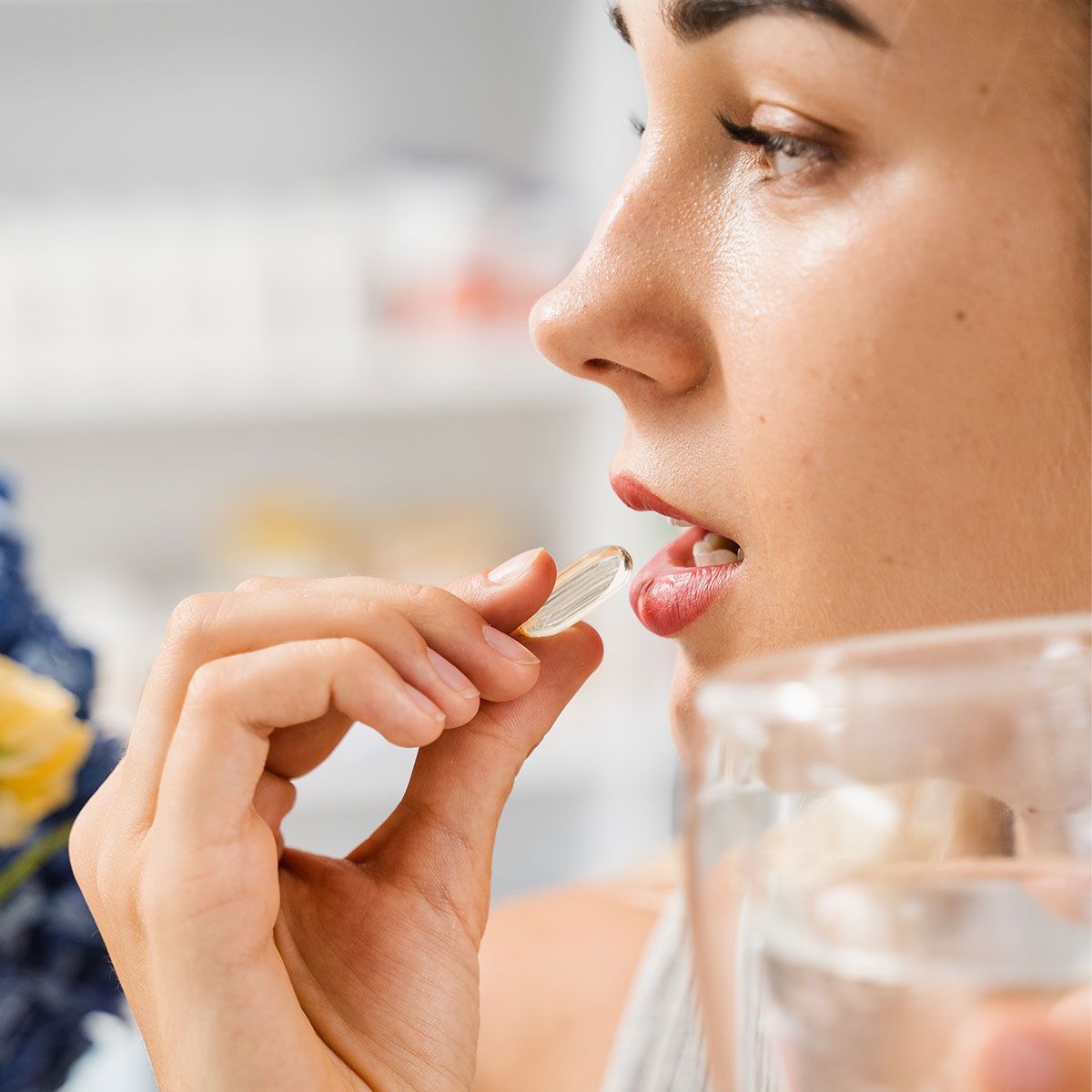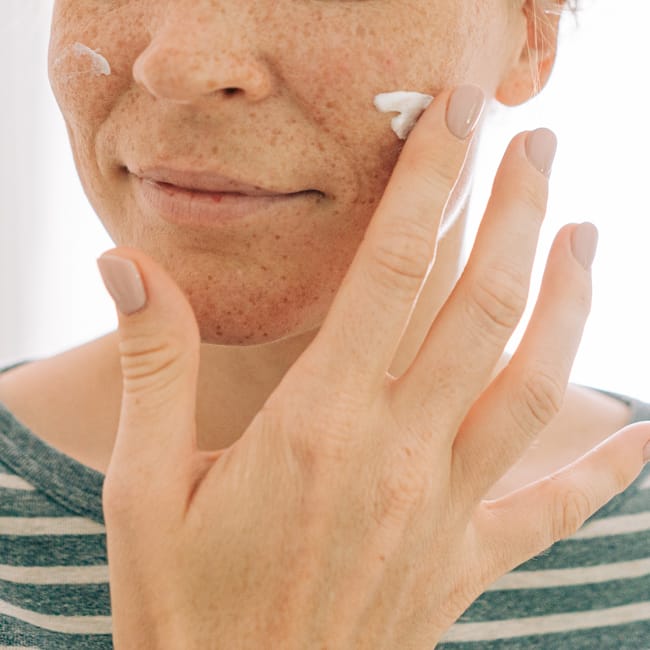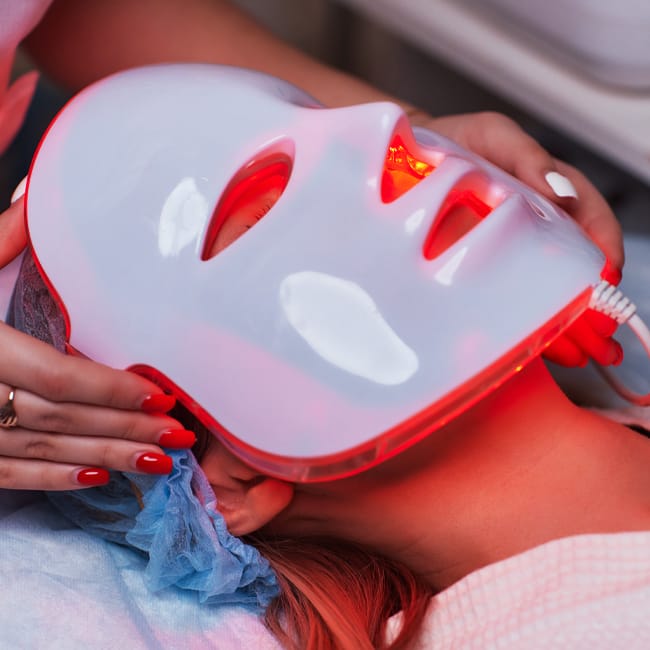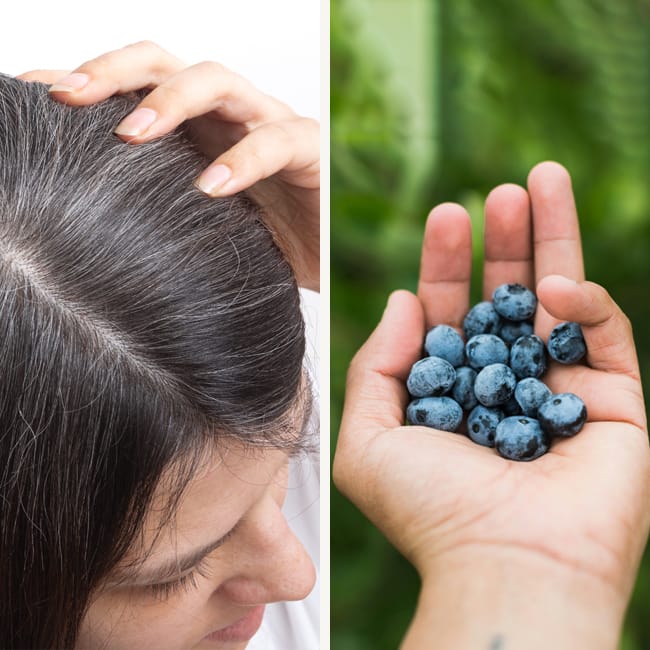BeautyTok is widely recognized as a valuable source for insightful doctor and expert recommendations concerning beauty, health, and skincare.
The topic of hair growth and regrowth has become incredibly popular among both viewers and creators alike, as they strive to promote stronger and more vibrant hair through supplementation.
Dr. Luke Maxfield, a board-certified dermatologist and well-known content creator with over 141.3K TikTok followers, recently posted a video discussing the effectiveness of various hair supplements in promoting growth and overall hair health.
He shared his opinion on which two supplements are worth investing in for those seeking shiner, thicker, and longer locks, while also identifying four that may not be as beneficial.


Hair Supplements That Are And Aren't 'Worth The Money,' According To A Dermatologist
Not Worth It: Biotin, Niacin, Zinc And Selenium
Maxfield took a closer look at common hair supplement ingredients and ranked them, placing each one in one of the following categories: 'worth a try,' 'could be helpful,' 'hit or miss,' 'for the right person,' and 'save your money.'
"First group, vitamins and minerals. Let's start with biotin, by far the most popular supplement," Maxfield said. He noted that "it's a co-factor for carboxylases enzymes, and if you're deficient in biotin, you can lose your hair."
However, when it comes to effectiveness of hair growth after taking biotin supplements, he added: "and now, the studies are very overwhelming." The doctor then showed screenshots of recent research related to the common hair supplement ingredient.

"Almost every single publisher report was about a person with inherited or acquired deficiency," he went on.
Maxfield pointed out that supplementation with biotin can "interfere with multiple lab results including pregnancy tests, thyroid studies and markers of having a heart attack, so I'm really tempted to put it in the bottom of the barrel [in the 'save your money' section], but for the right person, it could be helpful," he added, placing it in the 'for the right person' section.
"Niacin, Zinc and Selenium kind of fall into the same group, [as they are] definitely not for everyone," he continued.

Hit Or Miss: Iron
Up next was iron. "So how does it work? It helps red blood cell production, oxidation reduction and vicariously could be helpful for hair," he explained. "What makes it different is it's the most common nutrient deficiency in the world, and risk factors [of taking it] are very common." He listed them as "bleeding, restrictive diet and chronic inflammation.
"The clinical studies are kind of back and forth, but because so many people are at risk for being deficient, it's worth being evaluated and of course if it's low, supplementation can certainly help," he said, ultimately placing it in the same category as biotin, niacin, zinc and selenium.

Worth It: Pumpkin Seed Oil
"We're back and rating haircare supplements," Maxfield said in a follow-up video. "First, pumpkin seed oil. It contains zinc, iron, potassium, magnesium, selenium and calcium," he said, ultimately placing the supplement ingredient in the 'could be helpful' section.

Worth It: Saw Palmetto
Maxfield then pulled up a screenshot of a study in which saw palmetto was shown to "improve hair density" in some patients who took the supplement over six months. He placed this option in the highest section in his ranking system, deeming it 'worth a try.'

The Bottom Line
Consulting with a dermatologist or hair specialist is crucial in determining the most suitable supplement or solution for individual hair thinning issues, as advised by a consensus of experts in the field.
Nevertheless, incorporating hair-boosting elements into your dietary habits, such as vitamin A and K-enriched greens and protein-packed legumes and beans, is among the many viable approaches to stimulate healthier hair growth.


























